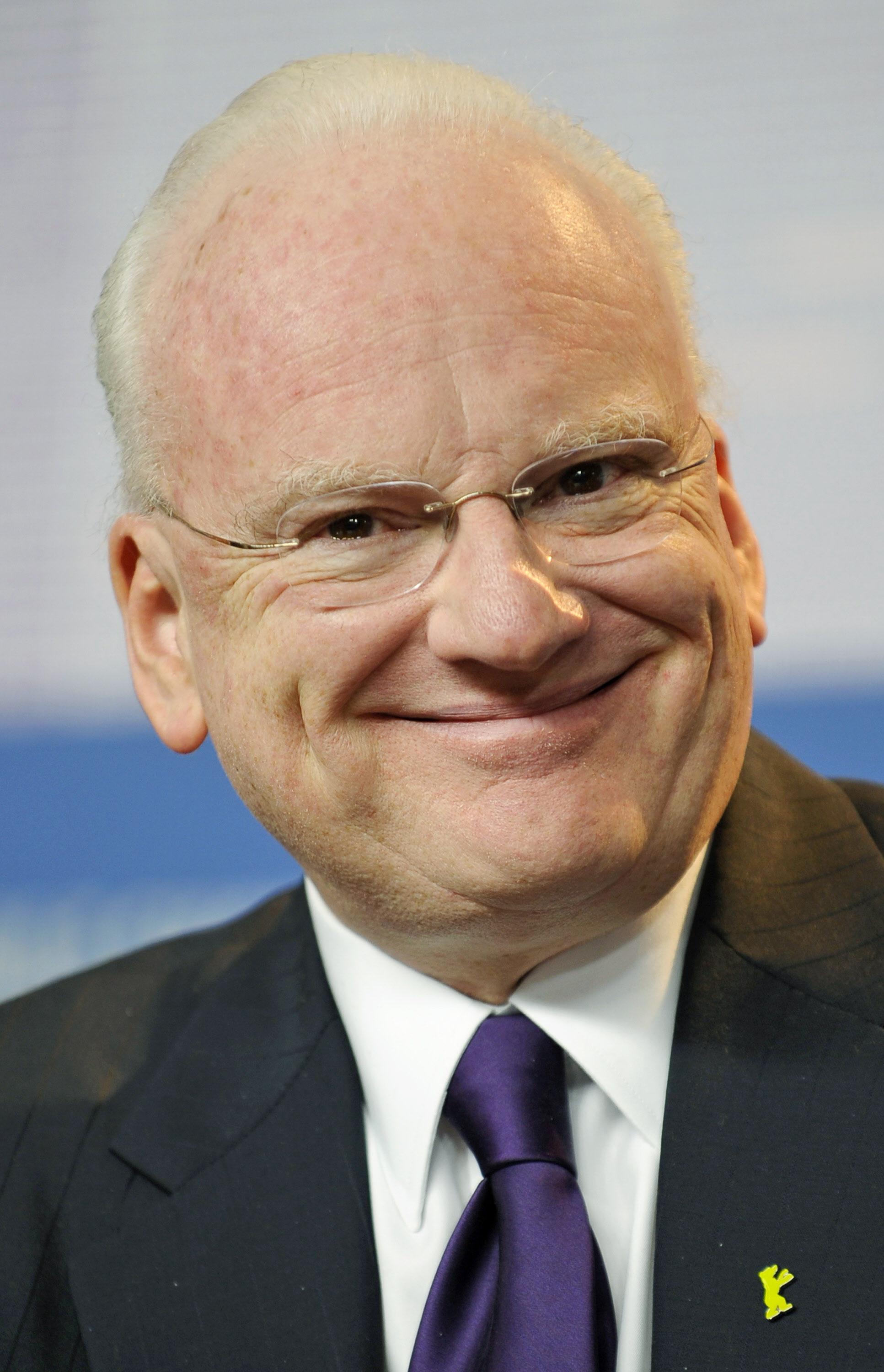Over the past several months, we have seen waves of profoundly disturbing revelations about the National Security Administration—most recently, that the agency was engaged in far more extensive hacking of secure communications than previously thought. The disclosures have gnawed at Americans’ (and the global community’s) trust in the U.S. government. By hacking the encryption and network security that protects everything from online purchases to electronic medical records, the NSA has gone against the very ethos of the Internet and undermined our ability to use this amazing resource as an engine for democratization and economic empowerment.
In an attempt to restore that trust, on Aug. 9th, the president promised the American people that he would convene a group of outside experts to review the government’s intelligence and communications technologies. Obama’s intent was to show that the government was willing to be transparent. But the manner in which the group was put together and its membership has produced the opposite result. Obama’s “external review group” is not independent, lacks adequate technical expertise, and operates without necessary transparency—it has been, in fact, compromised from the very start.
First the White House announced that Director of National Intelligence James Clapper would establish the small review group and that it would report through him to the president. The backlash was fierce, given that Clapper and his team falsely told Congress that the NSA did not collect information on Americans. Under pressure, the administration eventually publicly announced that Clapper would not play a lead role in the review after all (though the review group is still officially under his purview and organized through his office).
Privacy and civil liberties advocates were also alarmed when leaks suggested that several former administration officials and intelligence community insiders would make up the group. In the end, four of the five members were former Obama administration officials. Michael Morell (former deputy director of the CIA), Richard Clarke (former national coordinator for security, infrastructure protection, and counterterrorism), Cass Sunstein (former administrator of the White House Office of Information and Regulatory Affairs), and Peter Swire (former chief counselor for privacy in the Office of Management and Budget). The fifth member is Geoffrey Stone, law professor and constitutional law expert—and an old personal friend of Obama.
By stacking the review group with former advisers, the president has set it up to fail in its primary mission: to restore public trust.
Meanwhile, NBC News recently reported that months after the Snowden leaks began, the NSA still isn’t sure how much and what information, exactly, he has. Contrary to earlier claims, U.S. intelligence officials now admit that NSA has inadequate audit capabilities, which impedes its ability to conduct a thorough assessment. And too few policymakers understand the impacts and imports of the technologies deployed in the current surveillance regime. Beyond trust in government itself, the world is watching the United States undermine its stature as an ethical steward of the Internet.
America should not be the world’s foremost surveillance state, nor should we be on par with China when it comes to a government undermining our privacy rights. The so-called safeguards that were in place are clearly inadequate—in documents the government itself has released, FISA Court Judge John Bates wrote that the NSA had misled the court, stating “the volume and nature” of its surveillance was “fundamentally different from what the court had been led to believe.”
That is why we need meaningful and objective external review led by outside experts in communications security and privacy and incorporating genuine civil society participation. A proper independent review should examine all of the different components of the U.S. government’s surveillance system, what each element collects, how the data are used, and what solutions would truly protect the privacy of individuals from overly expansive surveillance. And finally, this review group should actually provide those finding to the public.
In my capacity as the director of the New America Foundation’s Open Technology Institute, which develops communications technologies and policies to enable communities to fully participate in their economies and democracies, I have met with Obama’s chief of staff, other senior White House officials, and the existing review group. I have repeatedly offered to help organize independent security experts to provide technical expertise and assessment capabilities. Unfortunately, the administration has shown little willingness to engage independent experts and the public interest sector in such an effort. Though the review group did begin to meet with stakeholders this week, no plan has been put forward to ensure independent peer review of its evidence and findings.
For now, OTI and other civil society organizations will continue to review the information that has been leaked and welcomes the opportunity to work with individuals and organizations who want to collaborate in reviewing these programs. We want to inform the public and concerned policymakers of the scale and scope of the U.S. surveillance, the negative effects on the public’s civil liberties and security, and the policy reforms that would be required to restore balance to our democracy. However, we don’t have the subpoena power, resources, or staff that the U.S. government can bring to bear. Too much remains hidden from the public, and a full accounting of what the government is doing will be difficult without the administration’s active cooperation.
Our democracy has thrived over the last 237 years because patriots have actively defended the core values that lay the foundation for freedom and civil rights. The president may think he’s quieting the storm, but his technical review group is already widely perceived as a hollow gesture. Until the White House implements a truly transparent and independent review, it should expect to fail in its attempts to win the public’s trust.
